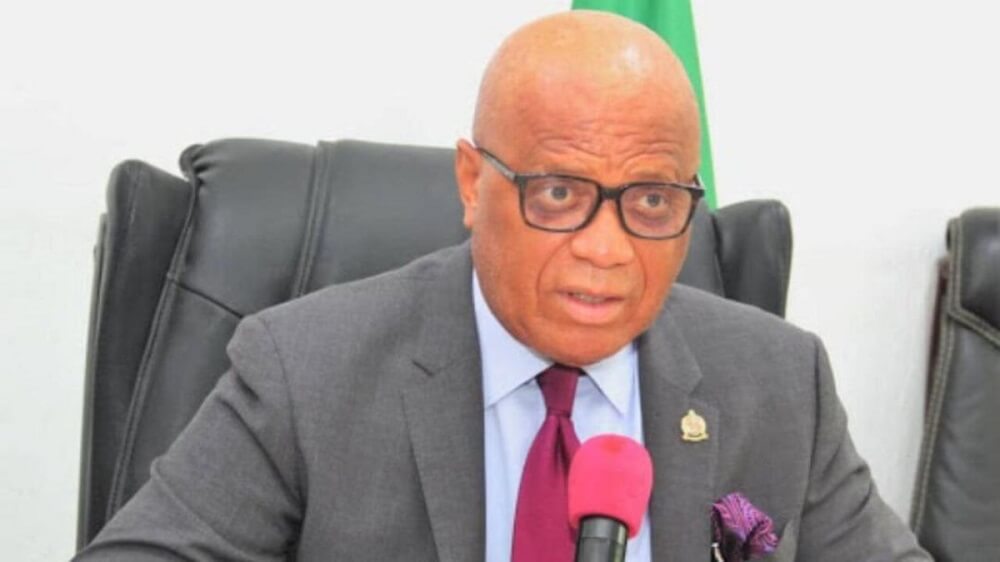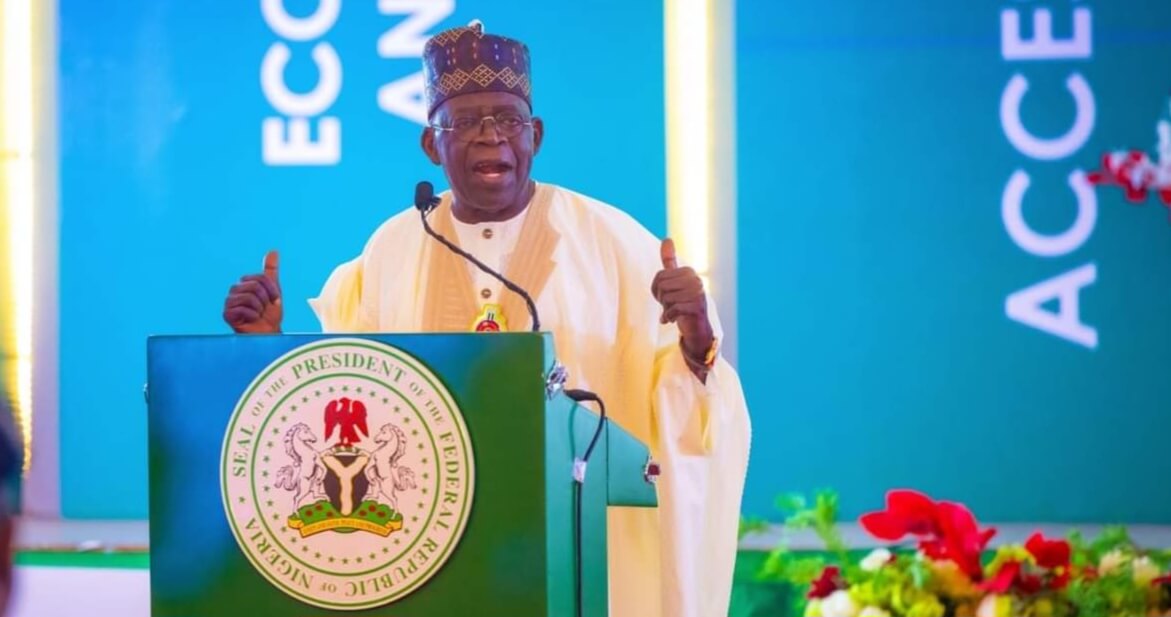Michael Phillips | Chicago Tribune (TNS)
CHICAGO — CinemaScore, the movie theater exit-polling operation, has measured audiences’ opening-night reactions to new films since 1978, gradually gaining in influence and popularity. When “Taylor Swift: The Eras Tour” or “The Woman King” or “Avengers: Endgame” nabs an A+, it puts forth a simple grade reflecting the quick-react opinions of a few hundred moviegoers nationwide.
If expectations were either happily met or exceeded, boom: It’s a sign that the movie’s appeal is all a distributor could want. Maybe. Not always. Every movie is different. Some movies that earn an A+ in exit polls go on to massive global popularity. Others don’t, for various reasons. Some movies that get, say, an A-, such as Martin Scorsese’s “Killers of the Flower Moon,” may be doing pretty well at the box office but if they cost $200 million to produce, they may or may not earn it back.
Then again, look at Scorsese’s “The Wolf of Wall Street.” That got a grousy, unpromising C- CinemaScore grade. But the film went on to become the director’s biggest hit.
But there’s a special club of CinemaScored movies: the 22 films that have received F scores, the lowest possible, meaning they angered, frustrated and alienated the highest possible percentage of a typical Friday night multiplex crowd out for a good time.
One of those rare, hallowed Fs belongs to the 2006 film version of the Tracy Letts play “Bug,” a far-flung stage success but in director William Friedkin’s movie a somewhat more challenging night out for multiplex audiences looking for a few cheap jolts without all the other stuff.
On Dec. 5, a Music Box Film series planned for 2023-24 titled “Who Gives an ‘F’” opens with “Bug” on 35 mm film. Tentatively scheduled to follow some time in 2024: “The Box,” directed by Richard Kelly; “Solaris” starring George Clooney and directed by Steven Soderbergh; and the infamous “Mother!” from director Darren Aronofsky and starring Jennifer Lawrence. All received an F.
And you know? The Music Box employees who cooked up this series, manager Jeremy Marder (also a filmmaker) and front-of-house staffer and Chicago critic Matt Cipolla, don’t give a fig.
Our interview has been edited for clarity and length.
Phillips: Where’d you guys get the idea for this? I’m assuming you wouldn’t have given “Bug” an F yourself if you’d filled out one of the CinemaScore cards.
Cipolla: No. One night last March we were both taking our break together, just before the “Rocky Horror” rush, and just sort of spitballing. CinemaScore came up. We thought it’d be interesting to show some of the F-rated movies, divorced from the marketing and multiplex expectations that led to a lot of the opening-night reactions.
Those 22 films: a lot of them work, a lot of them don’t. But the ones that fail, fail in fascinating ways. They’re actually more engaging to us than something that goes for the middle of the road and succeeds.
Phillips: How would you define “multiplex expectations?”
Cipolla: I’d interpret that phrase as something actively unchallenging, or broad enough for mass audiences to project their preconceived notions on the film itself. A lot of these (F-graded) movies don’t do that. Some are very punk rock; some are quite morbid in their approach. A lot of them challenge values in ways that are seen as an attack on the audience.
“In the Cut,” for example. Jane Campion’s film (starring Meg Ryan and Mark Ruffalo) was marketed as a scary, erotic thriller, but it’s actually a female gaze-driven post-9/11 film, released in 2003, two years after the attacks. It came out Halloween night, and it’s sweating New York (anxiety) from its pores throughout, in a way that made a lot of people uncomfortable.
The list of movies that got an A+ rating is like a novel compared to the nice little haiku of the F list. Films that get A+ are the ones giving people what they want, period. They reinforce the audience’s values, in a broad sense. Also, a lot of A+ films are faith-based, or cater to a conservative audience, one that sees itself as undervalued or underrepresented in Hollywood.
Phillips: “The Passion of the Christ,” for example. Or the recent “Sound of Freedom.”
Marder: CinemaScore’s a measurement of an initial reaction, and it can affect what, and how, movies gets made. For us, it’s not an arbiter of taste, and it doesn’t tell you whether a movie is good or bad. It’s telling you what people’s reactions were at the time. We think filmmakers should embrace the F score. The movie challenged audiences! For a lot of auteurs, it’s a badge of honor. Look at “Eyes Wide Shut,” that got a D-minus.
Cipolla: Yeah. Almost there! You almost made the F, Kubrick! I have a spreadsheet here … (other D- CinemaScore titles include) “Blair Witch 2,” “Vanilla Sky,” “Gigli.” “Gigli” fully deserved an F. I felt like I was in a sensory deprivation tank watching it.
Phillips: Among the A+ CinemaScore movies, which do you think deserved a D- or an F?
Marder and Cipolla: “Green Book.”
Marder: Look, we love cinema. All kinds. There are so many great films on that A+ list, from “E.T.” to “The Fugitive.”
Phillips: Also in that A+ list, there’s a small handful of really good films that didn’t get the audience they deserved. “Till,” for example.
Marder: I don’t think the marketing for “Till” did it any favors. Strange trailer, made it look like something it wasn’t. Then I saw it, and thought, wow, really interesting film. The people who did see it obviously had an overwhelmingly positive reaction.
With this series, we hope to remove some of the movies from those marketing-driven expectations, and we’ll be playing the trailer for the movie after the movie. Take “Bug.” “Bug” was marketed as a “Saw” movie, basically. They took the horror elements — “from the director of ‘The Exorcist’!” — and sold it that way. Then the audience found out it was this dark comedy, a chamber piece. A lot more interesting than “Saw” but …
Phillips: But not what anyone was expecting.
Cipolla: Right. There’s also a kind of subcategory of F CinemaScore movies with bummer endings. It’s one thing for a movie’s ending to be unsatisfying; it’s another thing for it to be entirely cynical. That appears to trigger a strong, off-kilter reaction from audiences to the point where they refuse to digest it.
There’s a difference between a subversion and a betrayal. And these movies ride the line between the two in a fascinating way.
———
©2023 Chicago Tribune. Visit chicagotribune.com. Distributed by Tribune Content Agency, LLC.






